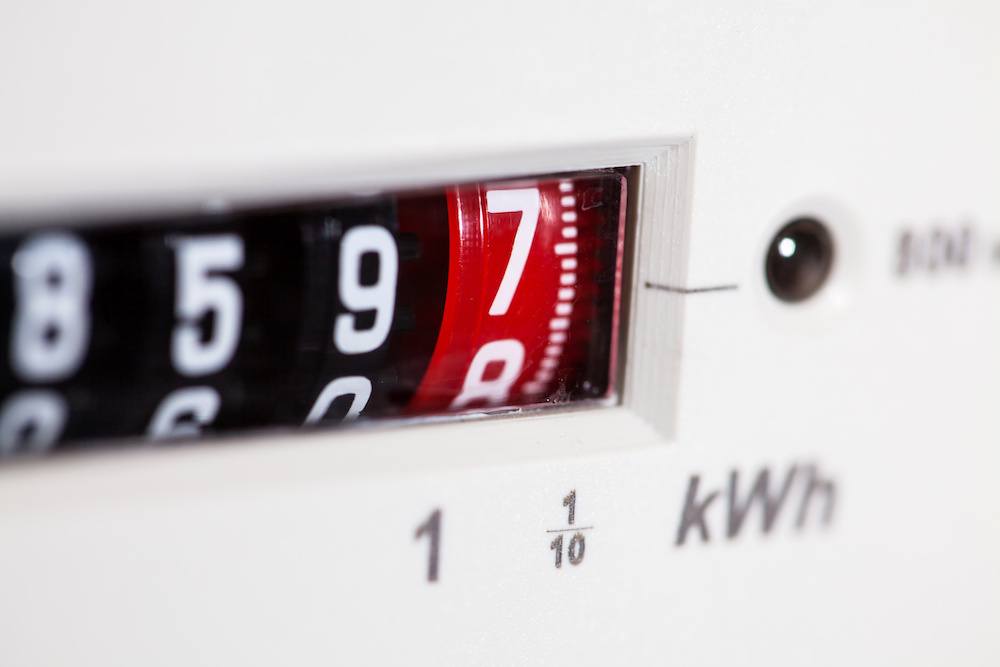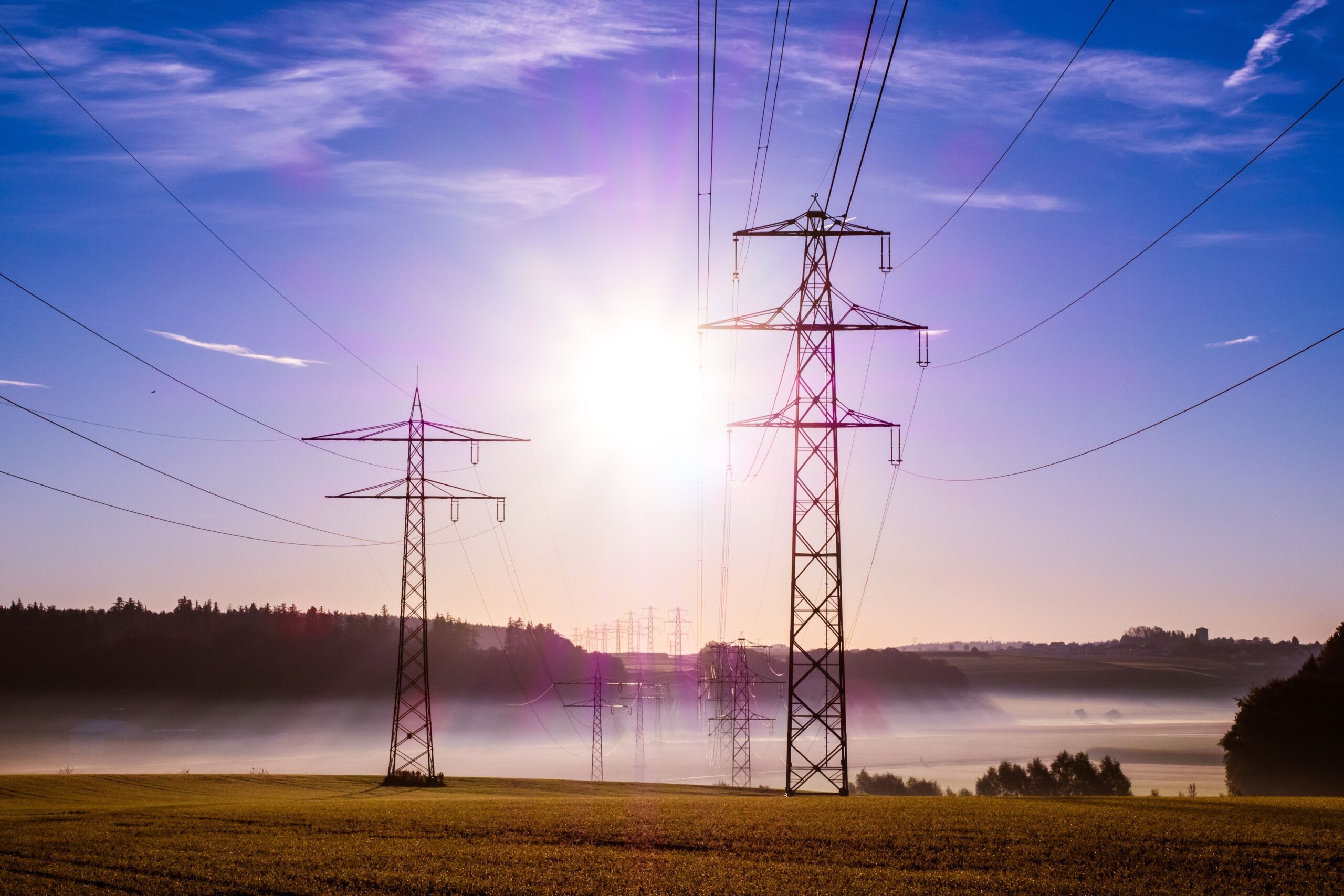
Alternative energy suppliers: who are they, and how are they shaking up the market?
Do you want to consume your energy differently? That’s fortunate, because that’s what the alternative green energy suppliers are offering! Sustainable, local and relatively small, these businesses are becoming increasingly creative at thinking outside the box to involve you in energy transition. But who are they are where do they source the renewable energy they provide? We’ve scrutinised them for you.
“Energy suppliers are all the same”. Are they, though? Nevertheless, that’s what you might think at first glance. After all, it’s hard to be creative in the energy market, isn’t it? Major corporations produce gas or electricity using their vast production or extraction facilities, and suppliers purchase this energy wholesale and sell it on to their customers (households or businesses).
How on earth can you differentiate an ENGIE from a Luminus when their main activity is almost identical? Admittedly, they do not offer the same pricing options or the same ancillary services, but the way they produce energy is fundamentally the same.
Which energy supplier suits you best? Find it out with a simulation!
In Belgium, however, a handful of alternative energy suppliers are proving that it is certainly possible. Having emerged after the liberalisation of the energy market, these companies are young and ambitious, but most of all they invite consumers to explore other ways of obtaining their energy supplies. To do this, they promise their customers green, locally-produced energy, and they often structure themselves as a cooperative. A dream for consumers who care deeply about green issues and the environment!
In any event, what is certain is that these alternative suppliers do not do things in the “traditional” way. Let’s meet them.
“Made in local”, a popular concept in Flanders
Many energy suppliers operating in Belgium are not actually Belgian. They are owned by international groups. That is the case, for example, with ENGIE (formerly Electrabel), which belongs to the French group of the same name, and TotalEnergies, which is now a subsidiary of TOTAL.
This situation has led to the rapid appearance of companies claiming to be 100% local. This is particularly the case in Flanders, where several suppliers have decided to focus specifically on providing local energy. This is the case, for example with, Elegant, Vlaamse Energieleverancier and Trevion.

Their promise? To obtain green energy from Flemish producers in order to distribute it to Flemish customers. In this way, they undertake to keep the energy provision supply chain short.
>> Compare your local energy suppliers
Personalised local energy, the crazy idea from Bolt
Although the three suppliers mentioned above work only with local producers, they do not necessarily reveal who those producers are. This is quite understandable for competitiveness reasons. However, this is not the approach taken by Bolt, the most recent supplier to appear on the market.
Operating in Flanders and now in Wallonia as well, Bolt confidently lists the gas and electricity producers from which it obtains its supplies. In this way, it gives its customers the opportunity to support the producer of their choice, by opting for wind-generated electricity from a farmer in Antwerp or solar energy from a couple in Liège. Will this strategic positioning from Bolt pay off? We’ll have to wait and see. In the meantime, we have to admire the originality of the concept.
Cooperatives as another agent of change
Obtaining green, local energy is a splendid initiative, but did you know that you could go even further? Are you interested in being not only a consumer but also an agent of change? That is what’s on offer from five civic cooperatives in Belgium, which also act as suppliers:
- Operating nationwide: Energie 2030
- Available only in Wallonia: Cociter
- Available only in Flanders: Aspiravi, Ecopower and Wase Wind
But what exactly is a civic cooperative? Although such a company clearly performs the traditional functions of an energy supplier, it distinguishes itself by taking the particular legal form of a cooperative. This means that the customers themselves can become shareholders in the business by buying shares.
This will help to finance green electricity production units: wind turbines, photovoltaic panels, hydroelectric installations, etc. In this way, the energy produced by these production facilities is consumed directly by the customer-cooperators.

>> Check the rates offered by the cooperatives on our price comparison site
Energie 2030, the only cooperative operating throughout Belgium
Despite evident enthusiasm for this type of company, there is only one cooperative in Belgium:
- that covers all the regions (including Brussels!),
- that offers a complete gas and electricity product range,
- and that is aimed at both individuals and business customers.
The company in question is Energie 2030. It is, incidentally, a pioneer in the field since it first became involved in energy transition in 1995, well before the liberalisation of the market.
Today, the cooperative has developed around fifteen green electricity generation projects, involving wind turbines, photovoltaic solar plants and hydroelectric plants. It also guarantees that the gas and electricity it provides is of European origin.
However, to be a customer you have to become a cooperator, which means you have to purchase at least one share in the business. You will then receive two benefits:
- a discount of 100 euro on the annual fixed supplier fee
- a potential dividend, depending on the previous year’s results.
Why choose an alternative supplier?
Opting for one of these alternative energy suppliers is not necessarily the most obvious choice. Clearly, they do not have the same financial resources as the large energy groups, and this is reflected in a number of areas (the lack of promotions and ancillary services, no online customer space or only with limited options, etc.).
Nevertheless, they offer one advantage that the traditional suppliers do not: better traceability. Most of them make a point of obtaining green, locally-produced electricity.
>> Read also: Green electricity: scam or genuine ecological benefit?
The challenge is more complicated when it comes to providing biogas, but Trevion succeeds thanks to its installations, while Energie 2030 guarantees that it obtains it supplies from European producers.
Naturally, certain more traditional suppliers are also exemplary in their efforts to provide energy from renewable sources. But they lack a genuine local base.
Did you know? If you want to check which suppliers invest most heavily in energy transition, you can use the Greenpeace ranking . The NGO’s indicators have also been incorporated into the Energyprice.be supplier records as additional information.
So, should you be tempted by one of these alternative suppliers? It’s up to you, depending on your needs! Whatever you decide, the Energyprice.be team is by your side to offer you advice. So feel free to contact one of our energy experts to find out whether an alternative supplier could be appropriate for your consumption!
Contact one of our advisers
How do I switch my energy contract?
What should you do if you want to choose a new contract from an alternative energy supplier? Firstly, check whether the green supplier you are interested in can actually supply energy in your municipality. Once that is confirmed, you can follow the usual steps for switching contracts:
- Apply for your new contract via an online form or by telephone: this can be done via the energy supplier itself or directly via Energyprice.be. You will have to provide your contact details during this stage (surname, first name, address, EAN number, etc.). Note that you can also purchase a share if you decide to become a cooperator in an energy cooperative.
- Receive an acknowledgement for your application: depending on the situation, the supplier or our team will acknowledge receipt of your contract application.
- The supplier checks your data: before confirming your contract, the supplier will ensure that no errors have crept into your file.
- You receive your contract: once your details have been checked, you will receive your new energy contract. It will contain the terms and conditions of sale and a summary of the prices applicable to your contract.
- Your supplier advises your distribution network operator (DNO) or your intermunicipal organisation: after a legal period of 14 calendar days following your application, your supplier will inform the DNO of the contract switch, thereby also notifying your previous supplier.
- Read your meter and send the reading to your DNO: once your DNO has been updated on your situation, you must provide a meter reading before your new contract takes effect. This will be used to calculate the exact consumption amount you owe to your previous supplier.
- Commencement of supply by the new energy supplier: your file is in order, and 30 days after your initial application your new electricity contract can begin!
Conclusion
Do you dream of doing something more to help the environment by consuming your energy differently? If so, you should be able to find what you need among the various alternative energy suppliers operating in Belgium.
Although the choice is wider in the north of the country, things are also happening in Wallonia, with Energie 2030, Cociter and Bolt. Remember, however, that these suppliers generally offer a more limited level of service than the traditional suppliers, given that they are smaller organisations.
What will you choose? Are you ready to be tempted by a local supplier or a cooperative?
Which energy supplier suits you best? Find it out with a simulation!
Also read on our blog

In mid-March, the government decided to reduce the VAT on gas and electricity bills in order to counter the dramatic rise in energ…

The time may come when a consumer wishes to change their electricity meter, but sometimes this is imposed by the system operator. …

Of all the many commitments made by the Belgian energy pact in 2018, the phasing-out of nuclear power by 2025 is no doubt the meas…

Are you paying too much for your energy bill? Find a new, cheaper contract with our comparison tool Energyprice and Creg Scan
